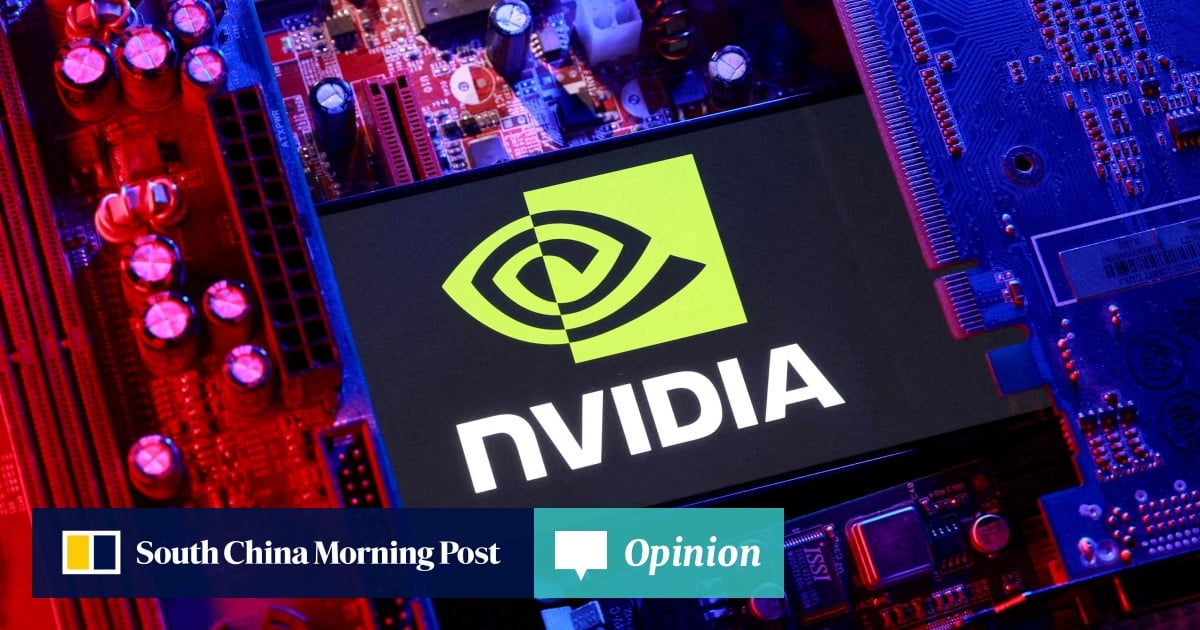U.S. sanctions designed to restrict China’s ability to import technologies to advance of its AI and military capabilities have been strengthened again, reports the Financial Times. For the third time in three years, restrictions on the export of advanced semiconductor tools and technologies have been tuned to slow China’s progress in these fields.
The new export controls have been described by US commerce secretary Gina Raimondo as “groundbreaking and sweeping.” Among the new measures, the U.S. will add 140 Chinese groups to the ‘entity list’ of organizations requiring (almost impossible to gain) export licenses. It is also interesting to see that the export of HBM to China will be banned.
We have covered the impacts on these technology sanctions frequently over recent years. Of course they have been having sometimes sizable effects on China’s semiconductor businesses, and the countries abilities to get hands on the latest and greatest tech. However, there are many reports about how sanctions can get seriously swerved, or even sanctions making China stronger in some ways. Thus, obviously sanctions need occasional modifications to ensure they are having the desired effect.
According to an export controls analyst the FT interviewed, the latest sanctions address areas of China’s semiconductor business that had been underestimated previously. Specifically, the new measures take aim at domestic chip tool making capabilities. Thus 24 types of chipmaking tools that were not previously targeted are now going to be restricted. Perhaps this will slow down the advances of Chinese companies like Huawei and SMIC. Both these big tech firms have counterintuitively seemed to thrive under sanctions so far.
Another source talking to the FT indicated that the U.S. will apply a foreign direct product rule [FDPR] measure to its restrictions to cover non-U.S. companies which have U.S. parts in their tools. However, the newspaper understands that some counties like Japan and the Netherlands won’t be subject to FDPR restrictions as they have agreed to apply their own export restrictions.
Despite the sizable, and probably impactful, sanctions changes outlined above, the FT comments on some holes which appear to remain. For example, it notes that CXMT, a Chinese producer of HBM, has not been added to the latest entity list. The same goes for some (but not all) SMIC and Huawei shell companies.


